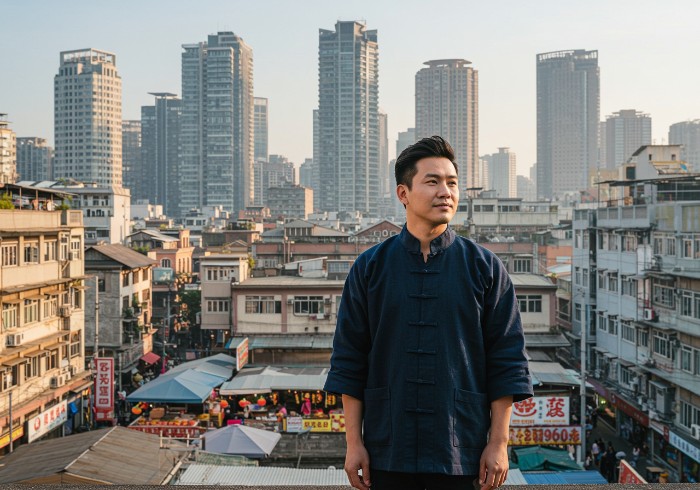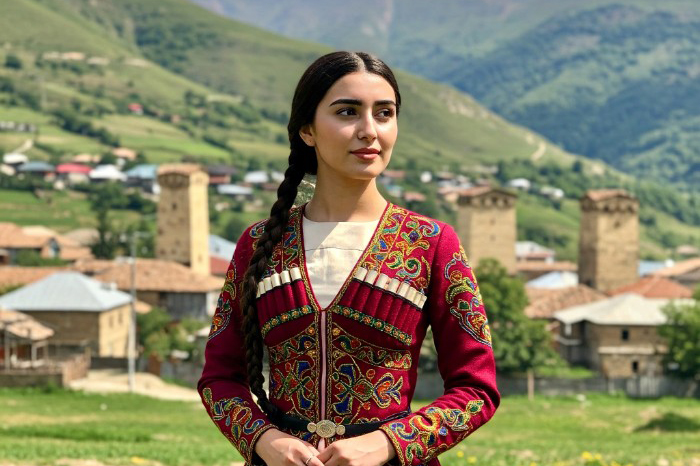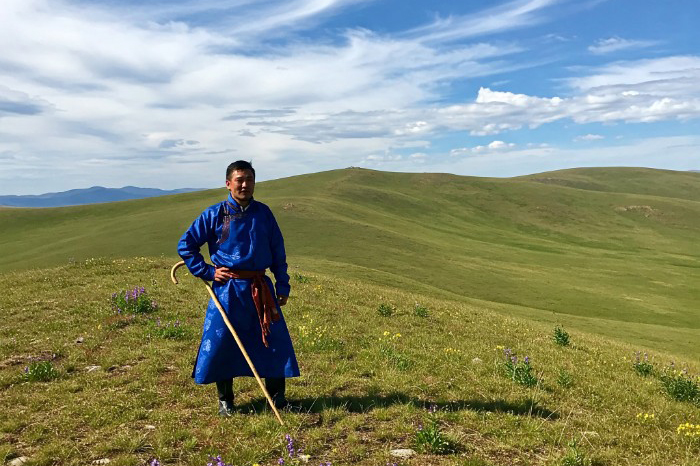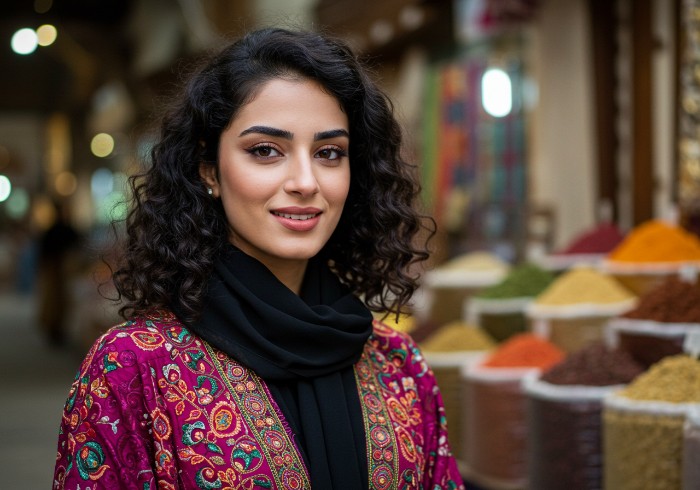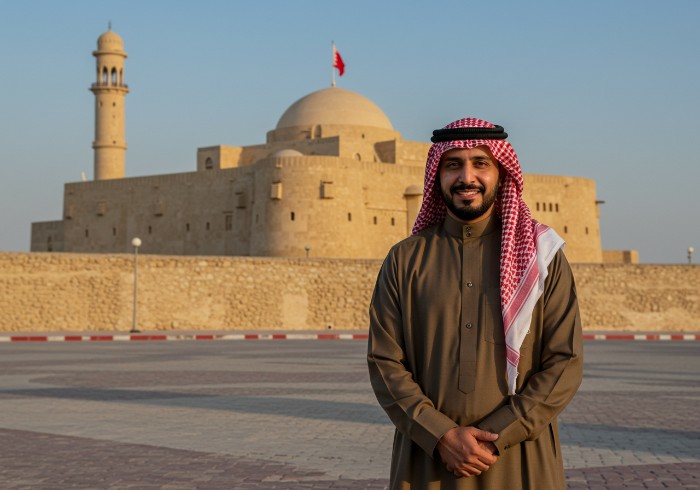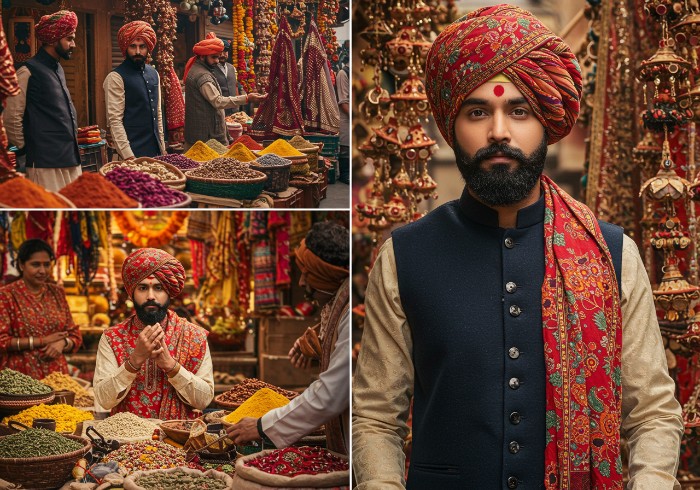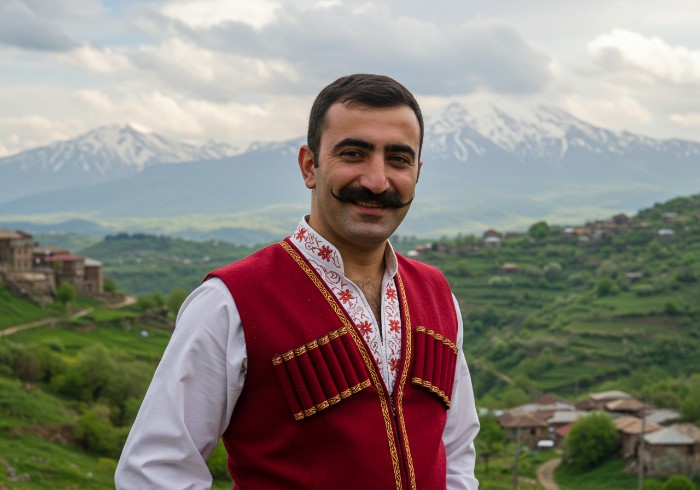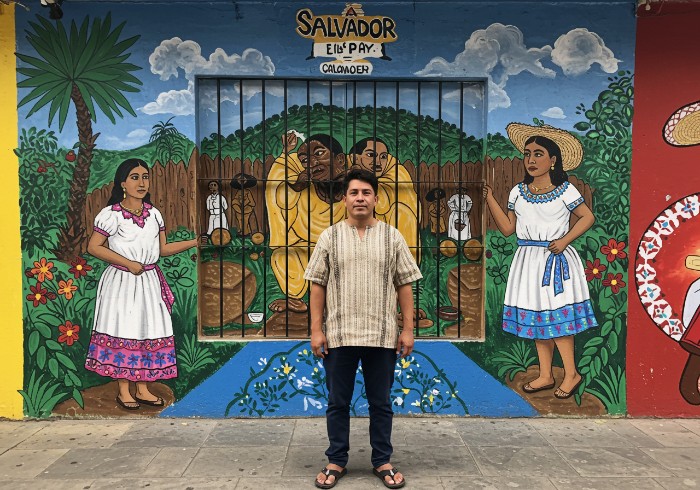Kuwaiti baby names reflect centuries of Arabic heritage, Islamic values, and familial pride, serving as markers of both personal and collective identity. In Kuwait and across the Gulf Region, naming a child is not a mere formality; it is a deeply rooted cultural practice tied to tribal lineage, religious significance, and societal honor. These names […]
Author Archives: admin
In Georgian society, names are not just identifiers—they are cultural vessels, carrying the weight of history, language, and identity. Rooted in millennia-old traditions, Georgian naming customs reflect the intersection of Christian, pagan, and regional influences. From deeply symbolic meanings to linguistic structures unique to the Kartvelian language family, names in Georgia are a mirror of […]
In Argentina, baby name popularity is shaped by a dynamic mix of Catholic traditions, Spanish-language media, regional identity, and government data from INDEC. Naming choices reflect deep cultural roots while responding to contemporary influences such as telenovelas, global celebrity trends, and shifts in gender roles. Catholicism continues to play a central role, with names of […]
Mongolian names carry deep cultural significance, reflecting centuries of nomadic heritage, spiritual beliefs, and clan identity. In Mongolian society, names are not mere labels—they are symbols of lineage, resilience, and values rooted in the country’s vast history. Traditional Mongolian naming customs draw from nature, historical heroes, Buddhist influences, and protective symbolism. A child’s name might […]
In Qatari society, names carry deep cultural, religious, and familial significance, rooted in centuries-old traditions. Influenced by Islamic heritage and Arabic linguistic structures, Qatari names often reflect tribal lineage, social identity, and spiritual values. The structure of these names is not arbitrary—each component, from given name to ancestral reference, communicates a story of heritage, belief, […]
Names in Bahrain carry deep cultural weight, shaped by Arabic naming customs, Islamic traditions, and the historical identity of the Gulf region. A Bahraini name is not simply a label—it reflects family lineage, religious devotion, and a society’s evolving relationship with its heritage. Rooted in classical Arabic etymology, names often include a given name (ism), […]
Indonesia’s rich naming tradition reflects the country’s vast ethnic diversity, deep-rooted spirituality, and evolving cultural identity. Across the archipelago’s more than 17,000 islands, names carry significant social and spiritual meaning, shaped by centuries of Javanese, Sundanese, Balinese, and Papuan heritage. Each ethnic group contributes distinct naming customs—some emphasizing birth order, others lineage or religious devotion. […]
Indian baby names carry profound spiritual, cultural, and linguistic significance, reflecting thousands of years of tradition and regional diversity. In Indian culture, a child’s name is not chosen arbitrarily—it is often derived through sacred naming rituals (Namkaran Sanskar), guided by astrological charts and deeply rooted in Sanskrit etymology. These names embody meanings tied to virtues, […]
Armenian naming traditions reflect a deep connection to heritage, faith, and family lineage. Rooted in centuries-old customs, the Armenian naming system is shaped by linguistic identity, Christian rituals like baptism and christening, and strong ties to the Armenian Apostolic Church. In Eastern Armenia, names carry not only personal meaning but also ancestral memory, often preserving […]
Naming customs in El Salvador are deeply rooted in the country’s colonial past and religious heritage, reflecting a blend of Spanish, Catholic, and indigenous influences. During the Spanish colonization, the imposition of Catholic Church baptismal practices introduced Christian first names such as José, María, and Juan, which remain prevalent today. These names often appear in […]

